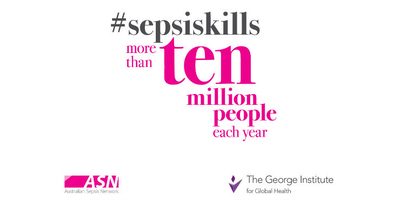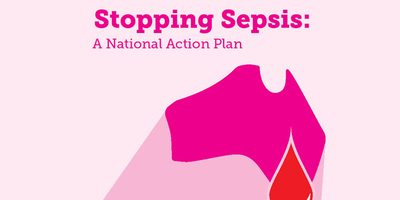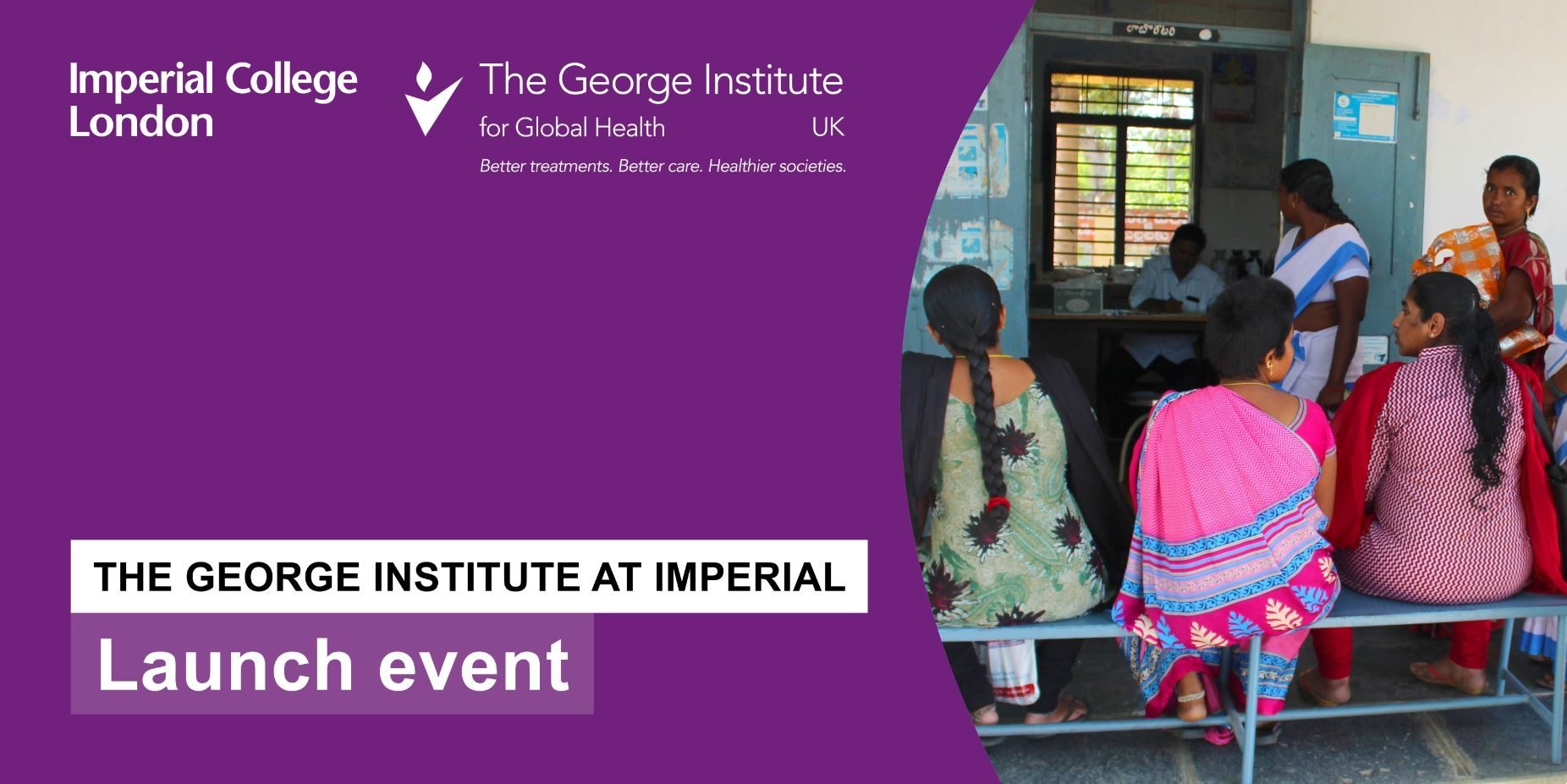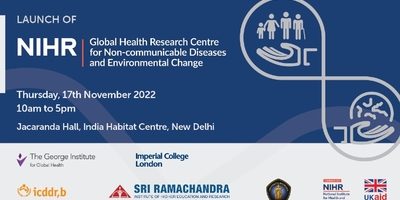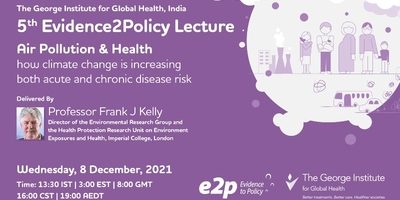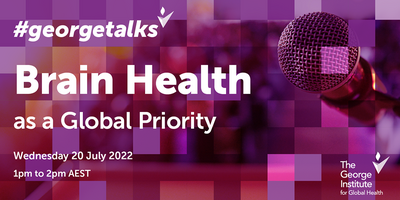Prof Craig Anderson, Director of the Global Brain Health Program at The George Institute, has been elected Vice President of the World Stroke Organisation (WSO). Spanning ever global region, WSO is the only international body solely focused on stroke. It represents over 55,000 stroke specialists in clinical, research and community settings.
Prof Anderson is also past President of the Asia Pacific Stroke Organisation and the Stroke Society of Australasia. He has published widely on the clinical and epidemiological aspects of stroke, cardiovascular disease and aged care, and has led several large-scale trials that have had a major influence on clinical practice guidelines for stroke treatment and prevention.
He has recently been awarded MRFF funding for his research project to develop a better tool to predict and guide treatments for people who suffer stroke due to spontaneous bleeding in the brain. This affects several thousand people in Australia each year.
Ahead of World Stroke Day we speak to Prof Anderson about his new position and how brain health can be prioritised as an urgent public health issue the world over.
Congratulations on being elected as World Stroke Organization Vice President. What does the role entail?
I am honoured to have been elected to the Board of WSO. I will work with the President and President-elect, and other members of the Executive team of the Board of WSO. In our leadership roles, we will guide future development of the organisation and foster its mission in reducing the global burden of stroke through research, advocacy, education, training, and promotion of prevention strategies, effective health care delivery, and the generation of reliable evidence upon which policy recommendations can be made. There is much to be done but I am very excited and totally committed to working with such a passionate, skilled and cohesive group of people at WSO.
We're marking World Stroke Day this week and the focus is on symptom awareness. What needs to be done to improve public knowledge and awareness about stroke to help reduce disability and save lives?
Despite significant advances being made in awareness of stroke in the community, there are still many gaps in knowledge related to effective risk factor management such as the detection and control of elevated blood pressure, and in seeking rapid assessment and diagnosis in the event of symptoms of acute stroke. There are many segments of the community who still consider a stroke as part of a heart attack or that symptoms will just 'pass off with time'. The acronym FAST -'Face', 'Arm', 'Speech', and 'Transfer', is simple and effective messaging but we still need to work more broadly across the community to ensure more people receive highly time-dependent treatments and know that stroke can be prevented. Statistics indicate reductions in stroke incidence in older age, which is reassuring, but that it is increasing in young and middle aged people, which is worrisome.
The George has recently started a big program of work on Brain Health. What issues is this hoping to address?
The program takes a life-course approach to finding and implementing effective strategies for people to maintain healthy brains. In order to avoid the major diseases of stroke and dementia, we need to examine how to implement effective lifestyles related to diet, exercise, sleep, education and social engagement, at all stages of life. For those who are at risk of stroke and dementia, or suffer from these terrible conditions, we need to ensure that their recovery and quality of life is as successful as possible.
The burden of stroke, dementia and other issues related to brain health is increasing world over. How can brain health be prioritised as an urgent public health concern?
I think there is an increasing awareness of the importance of brain health from the stories and research we are seeing in relation to the consequences of head injuries among young sportspersons. We need to make people more aware of brain health as part of everyday activities, starting in schools, continuing into the workplace and community, and among primary health care providers as part of health maintenance as well as direct health care delivery. It is not an easy task but it is possible with a clear plan, patience, multi-stakeholder engagement, and commitment. Governments are increasingly aware of the economic advantages to countries of a healthy population, and brain health is a critical component of that.


